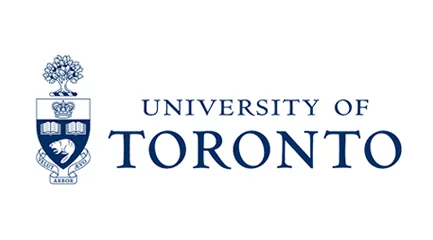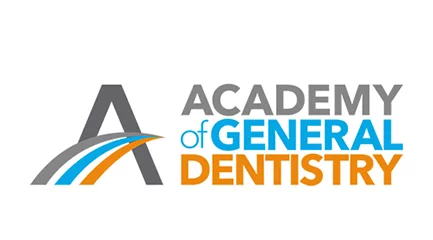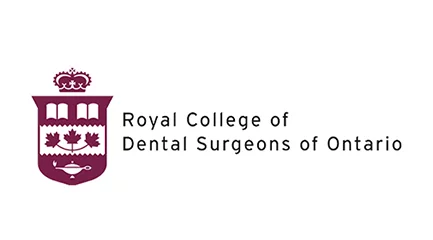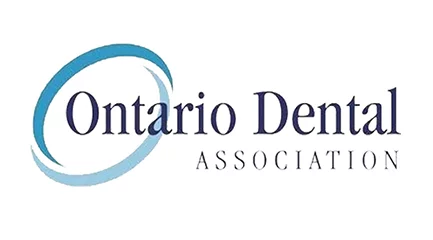When you think about oral health, many people are focused on their teeth. But the health that your gums have is equally vital. It is, therefore, crucial to undergo a dental exam every year at least. An extensive oral dental examination of your general oral health, including gums, teeth, and tongue, is critical.
If you need your dental check-up, schedule an appointment now! You’ll be grateful you took the time! Dentists have emphasized the importance of regular dental examinations for a long time.
For the right reason: regular visits to the dentist will help you spot problems earlier, making them simpler and cheaper to manage. If you’re like many people, you’ve most likely put off your annual dental check-up until the last minute and then rush to get it done once you do finally visit your dentist’s appointment.
WHAT IS A DENTAL (ORAL) TEST?
A dental exam, also called a dental check-up, is a procedure dentists use to review dental health thoroughly. Exams for oral health typically cover the entire mouth as a first visit or regular six-month examination. Dental exams can be utilized to detect an issue specific to a particular region within the mouth, like swelling, pain, fractured teeth, or any other dental problems.
WHY THE ORAL DENTAL EXAM IS CRUCIAL?
The Oral Dental Examination is necessary to identify any possible issues in oral health. This thorough examination can also detect any problems and diseases in the salivary glands and the jawbone, both of which are situated within the neck and the head.
The dental exam will reveal dental issues and dental abnormalities and aid the dentist in determining the appropriate treatment. Additionally, an Oral Medical Examination can diagnose any medical problems affecting a patient’s dental health. An oral medical exam is crucial for overall health. When you undergo an oral dental exam, the dentist will test for dental issues like gum disease and tartar.
In an oral health examination, dentists will search for evidence of tartar on teeth and in the gum line. They’ll need to remove the tartar from the teeth if they find any. An Oral Medical Examination is essential to prevent these issues and restore dental health.
BENEFITS OF A FULL ORAL EXAM:
The purpose of a complete oral exam is that provides a comprehensive assessment and identifies any issues at the early stages. While the recall test is helpful, it is not equipped with several tests and diagnostic tools used in a comprehensive oral exam. A thorough oral exam can be recommended at least every 3 to 5 years or more frequently, depending on the needs.
The first step in the process of planning treatment and dental hygienists:
An extensive oral exam will provide a thorough examination of gums, teeth, and supporting structures. It can also reveal early indications of more serious dental problems. It’s the first step in planning your treatment and is crucial for overall health. An extensive oral examination includes treatments, methods, and techniques. If you require fillings or a complete extraction, the dentist will guide you to make the best choice to ensure the health of your mouth.
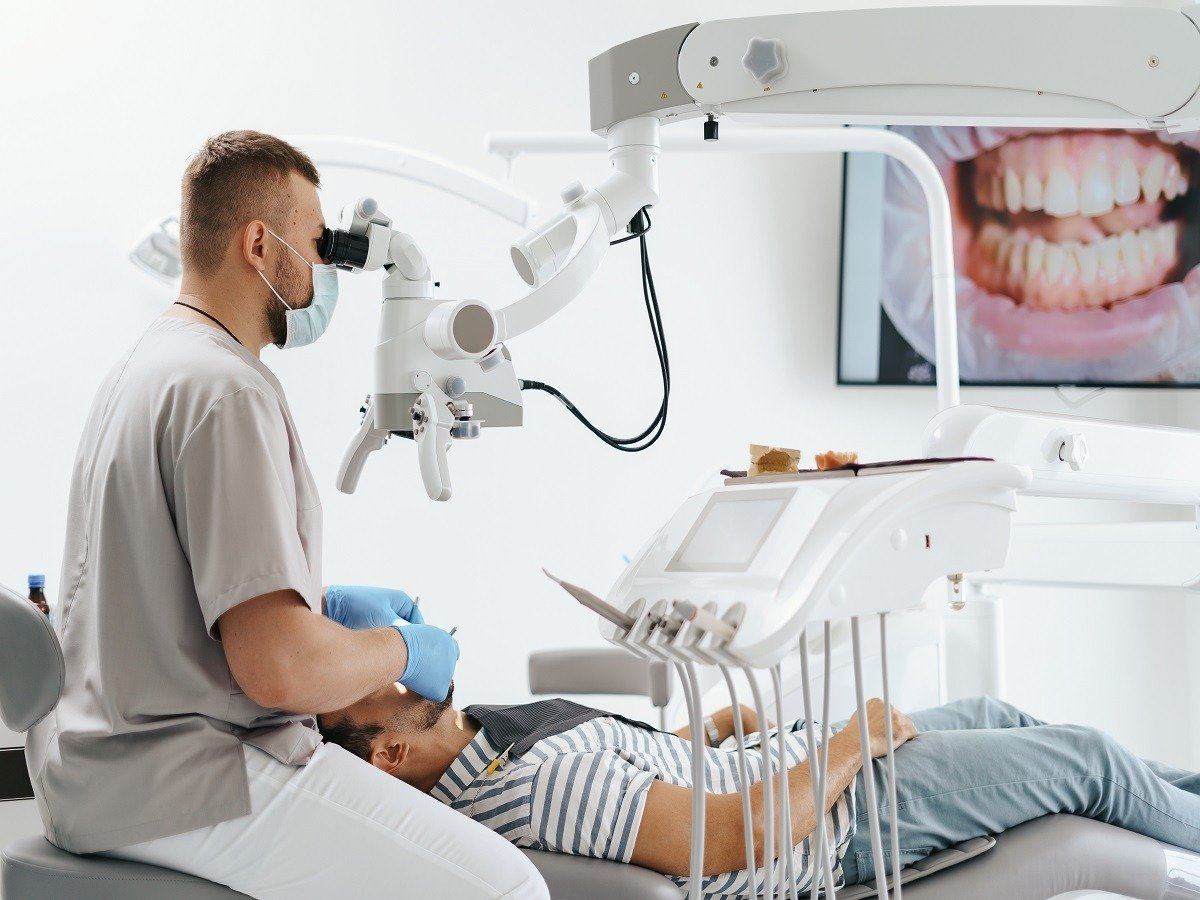
COMPLETE ORAL EXAM PROCESS
- Your dentist may conduct this examination to verify all the current and up-to-date information. Here’s a brief listing of the things that could be covered during a comprehensive oral exam:
- Update your medical information. Health and oral health are in many ways related.
- Recording damaged, missing, or fractured, or decayed tooth.
- Recording any fillings that are in places such as bridges, crowns or crowns implants and root canals, or prosthetics
- Evaluation of the condition of prior dental restoration work
- Examining for early warning signs of mouth cancer or throat cancer
- Examining the lymph nodes and neck for indications of abnormalities
- Examining the location and occlusion
- Examining the jaw joint for indications of clenching or grinding
- Measurements of gums to test for gum disease
- Dental x-rays are used to examine the spaces between the teeth, which aren’t apparent during the examination.
- Photographs of your teeth serve as an example of how to look for changes to your dental work as time passes.
- Recommendations for a self-care routine at home and a treatment plan if dental work is recommended or required.
ORAL EXAMS & DENTAL X-RAYS FOR WOMEN WHO ARE EXPECTING:
Women who are expecting are advised to continue their regular six-month examination routine. Dental examinations, diagnostic X-rays, and most dental care do not pose a risk for women who are typically pregnant.
Indeed, changes in hormones during pregnancy can make certain women more vulnerable to developing gum disease or other dental problems. Regularly scheduled check-ups and diagnostics will assist in identifying and treating the problems. The condition is linked to the low birth weight of babies and preterm delivery.
If you’re expecting, it is essential to inform your dentist or dental hygienist at the start of your appointment and talk about any questions or concerns you might have. Pregnant women must also be monitored by an obstetrician or a midwife.
THE LAST THOUGHTS
Dentists advise that people undergo a dental exam at least every six months. Dental examinations are essential as they can help identify problems that affect gums and teeth before they become more extensive and more costly issues.
If you or the child is experiencing any of the signs we’ve mentioned, it’s time to get help from an experienced dentist. An annual oral exam can identify and help prevent numerous issues that could arise shortly. We want to ensure that you’re up to date in taking care of your teeth. We’d love to hear from you about what else we missed, and we’ll be sure to thank you for taking the time to read our blog!
When you undergo a comprehensive oral exam, the dentist will check for indications of gum disease and other oral health issues. If you haven’t taken a dental examination for a while, this is the perfect time to make an appointment!

